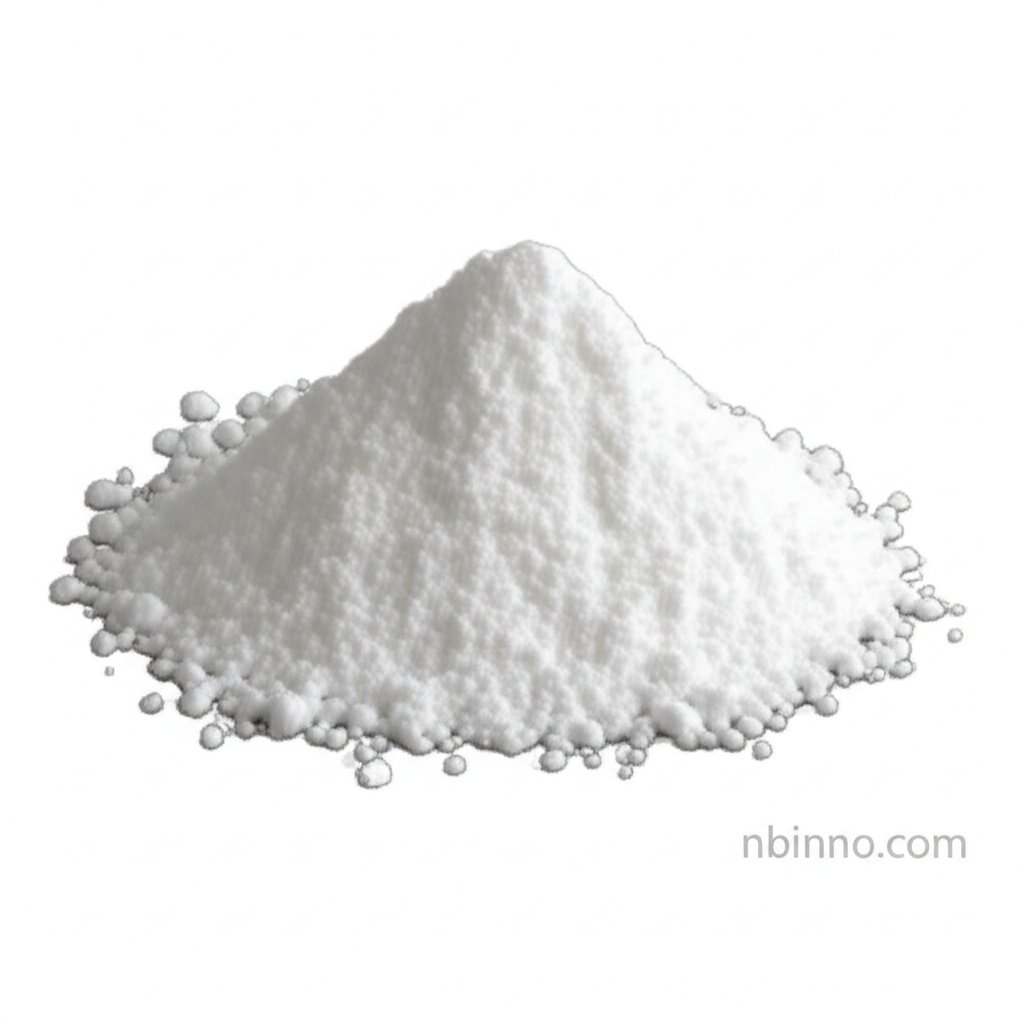Vidarabine CAS 5536-17-4: An Essential Antiviral Agent
Explore the scientific and pharmaceutical significance of Vidarabine, a key compound in antiviral research and applications.
Get a Quote & SampleProduct Core Value

Vidarabine
Vidarabine is a nucleoside analog with significant antiviral properties, notably against DNA viruses like herpes simplex virus and varicella zoster virus. Its mechanism of action involves inhibiting viral DNA polymerase, making it a crucial compound in antiviral research and a valuable pharmaceutical intermediate.
- Understanding the vidarabine antiviral mechanism is key for developing new treatments.
- As a vidarabine DNA polymerase inhibitor, it offers a targeted approach against viral replication.
- Vidarabine is essential for research into herpes simplex virus treatments.
- Its efficacy against varicella zoster virus underscores its importance in medical research.
Key Advantages
Potent Antiviral Activity
Vidarabine exhibits potent activity against a range of DNA viruses, making it a critical research chemical for investigating viral pathogenesis and developing new therapies.
Mechanism of Action
Its ability to inhibit viral DNA polymerase provides insights into controlling viral replication, a vital area for drug development and understanding antiviral resistance.
Research Versatility
This compound serves as a valuable tool in biochemical and virological studies, supporting advancements in nucleoside analog research and drug discovery.
Key Applications
Antiviral Research
Vidarabine is extensively used in scientific research to explore antiviral mechanisms and develop new therapeutic strategies against viral infections.
Pharmaceutical Intermediates
Its role as a pharmaceutical intermediate is critical for the synthesis of advanced antiviral drugs and other therapeutic agents.
Biochemical Studies
Researchers utilize vidarabine to study enzyme inhibition and the dynamics of molecular interactions, contributing to a deeper understanding of biological processes.
Virology Studies
The compound is fundamental in studies related to viral DNA synthesis and the potential for analog incorporation, advancing the field of virology.
